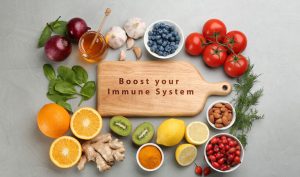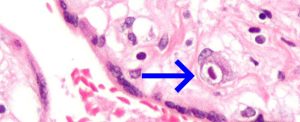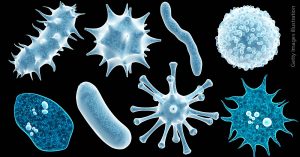Collagen, the body’s primary structural protein, is essential for youthful, radiant skin. As we age, our body’s natural collagen production slows down, leading to wrinkles, fine lines, and sagging skin. While supplements can be a popular choice, there are many natural ways to boost collagen production. In this newsletter, we’ll explore some effective, natural methods to rejuvenate your skin from within.
The Power of Nutrition
Vitamin C-Rich Foods: Vitamin C is a powerful antioxidant that plays a crucial role in collagen synthesis. Incorporate citrus fruits, berries, kiwi, and leafy green vegetables into your diet to boost your vitamin C intake.
Protein-Packed Foods: Protein is the building block of collagen. Include lean meats, poultry, fish, eggs, legumes, and dairy products in your meals to provide your body with the necessary amino acids.
Healthy Fats: Omega-3 fatty acids, found in fatty fish like salmon and mackerel, as well as nuts and seeds, help reduce inflammation and promote collagen production.
Lifestyle Habits for Collagen Boost
Hydration: Drinking plenty of water keeps your skin hydrated and plump, enhancing collagen production. Aim for at least eight glasses of water per day.
Sun Protection: Excessive sun exposure damages collagen fibers. Protect your skin from harmful UV rays by wearing sunscreen with a broad-spectrum SPF of 30 or higher and seeking shade during peak sun hours.
Regular Exercise: Physical activity increases blood flow to the skin, delivering essential nutrients and oxygen to cells and promoting collagen synthesis.
Quality Sleep: During sleep, your body repairs and regenerates tissues, including collagen. Aim for 7-9 hours of quality sleep each night.
Stress Management: Chronic stress can negatively impact collagen production. Practice relaxation techniques like yoga, meditation, or deep breathing to reduce stress levels.
Additional Tips for Collagen Boost
Topical Retinoids: Retinoids are vitamin A derivatives that stimulate collagen production and reduce the appearance of wrinkles. Consult a dermatologist for a prescription-strength retinoid.
Antioxidant-Rich Foods: Antioxidants protect collagen from damage caused by free radicals. Incorporate colorful fruits and vegetables like blueberries, spinach, and bell peppers into your diet.
Limit Sugar Intake: High sugar consumption can lead to glycation, a process that damages collagen. Reduce your intake of sugary drinks and processed foods.
Conclusion
By incorporating these natural methods into your daily routine, you can effectively boost collagen production and achieve healthier, more youthful-looking skin. Remember, consistency is key. Start small and gradually build these habits into your lifestyle.





